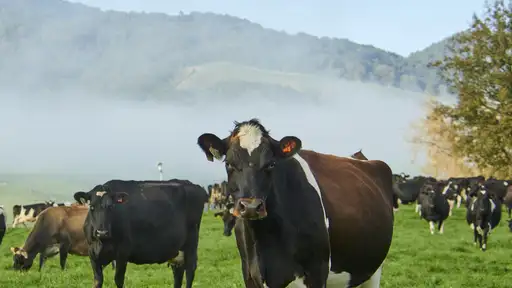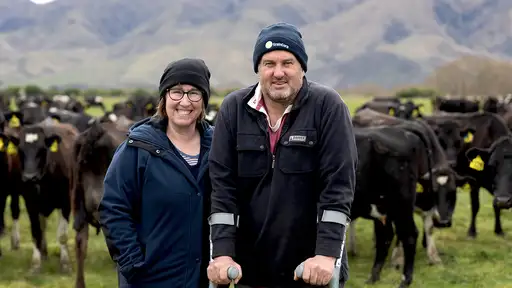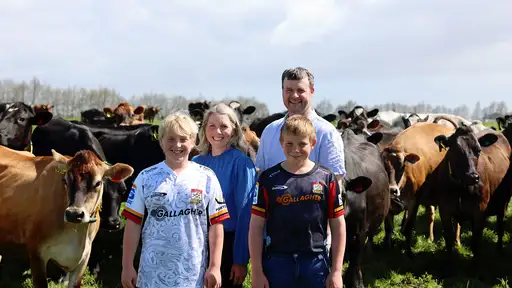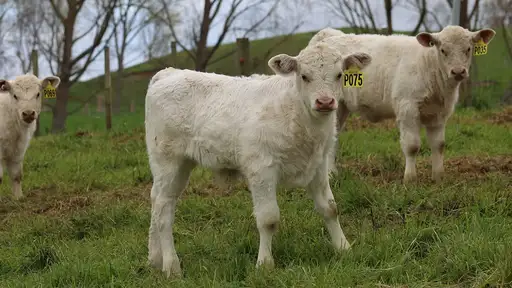New Zealand cows are renowned for being some of most efficient producers of milk in the world, but further investment into the understanding of bovine genetics by LIC scientists indicates farmers could be missing out on production to the tune of up to $10 million each year.
LIC is the largest supplier of artificial breeding services in the country and one of the biggest investors in research and development for the primary sector, spending $16 million on R&D during the 2019/20 season.
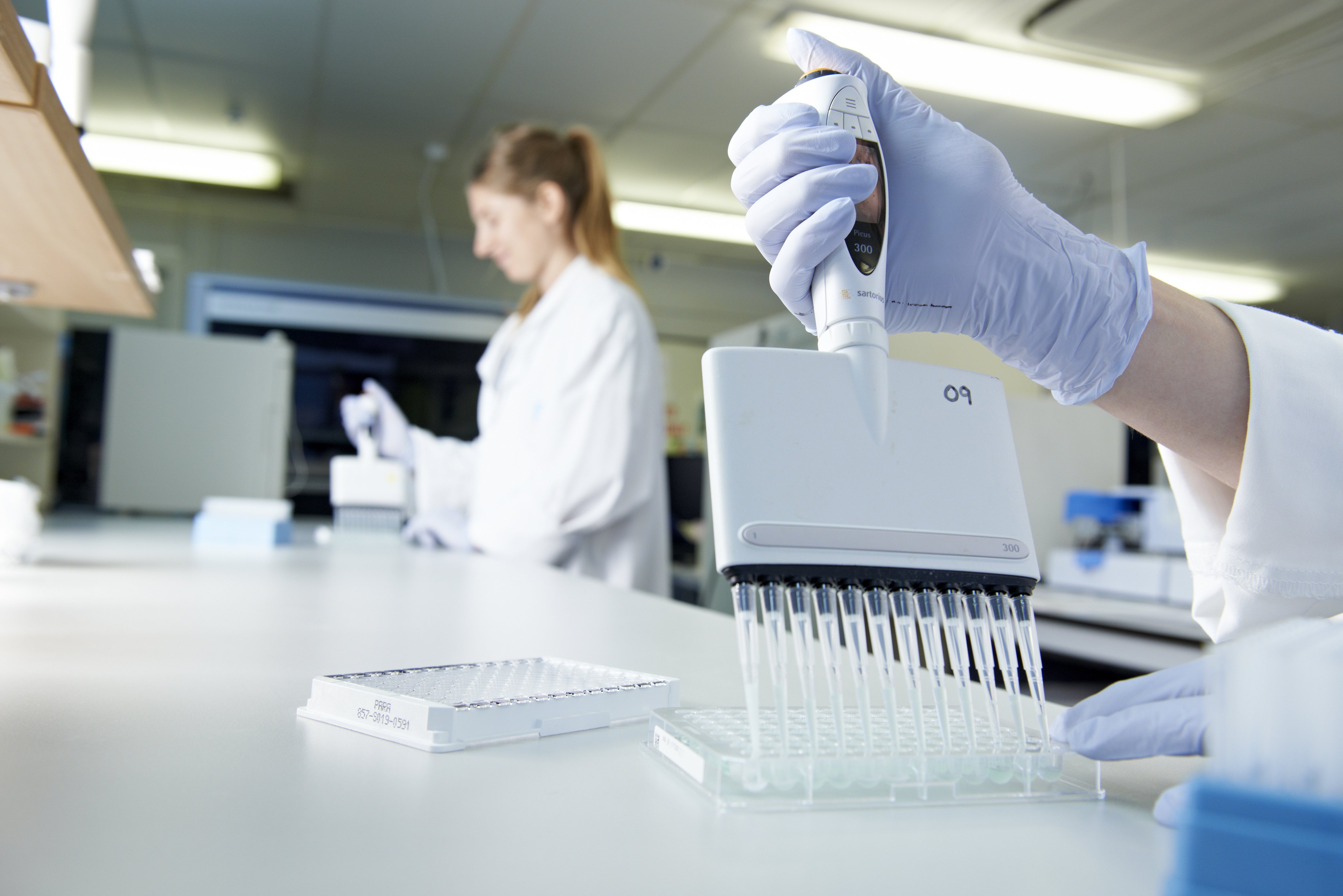
The discovery of the genetic variations have been made from the farmer owned-co-operative’s database of genotyped cows and bulls and validated through on-farm inspections.
LIC chief scientist Richard Spelman said despite a relatively low frequency, the hidden impacts on production from these variants can be substantial.
Spelman said they are recessive genetic variations, which means an animal has to have two copies to be affected.
“Identifying these animals via Genemark and removing them from the herd as calves will save in lost production and the rearing cost for these animals.”
“We estimate this could be worth up to $10 million in lost production each year across the national herd.”
“Even having a few of these cows in a herd could equate to significant loss in productivity and profitability.”
“Our continued investment into gene discovery, combined with LIC’s leading Genemark testing platform, will allow farmers to identify these animals as calves, remove them from the herd, allowing farmers to focus their time and effort on the rest of their replacements.”
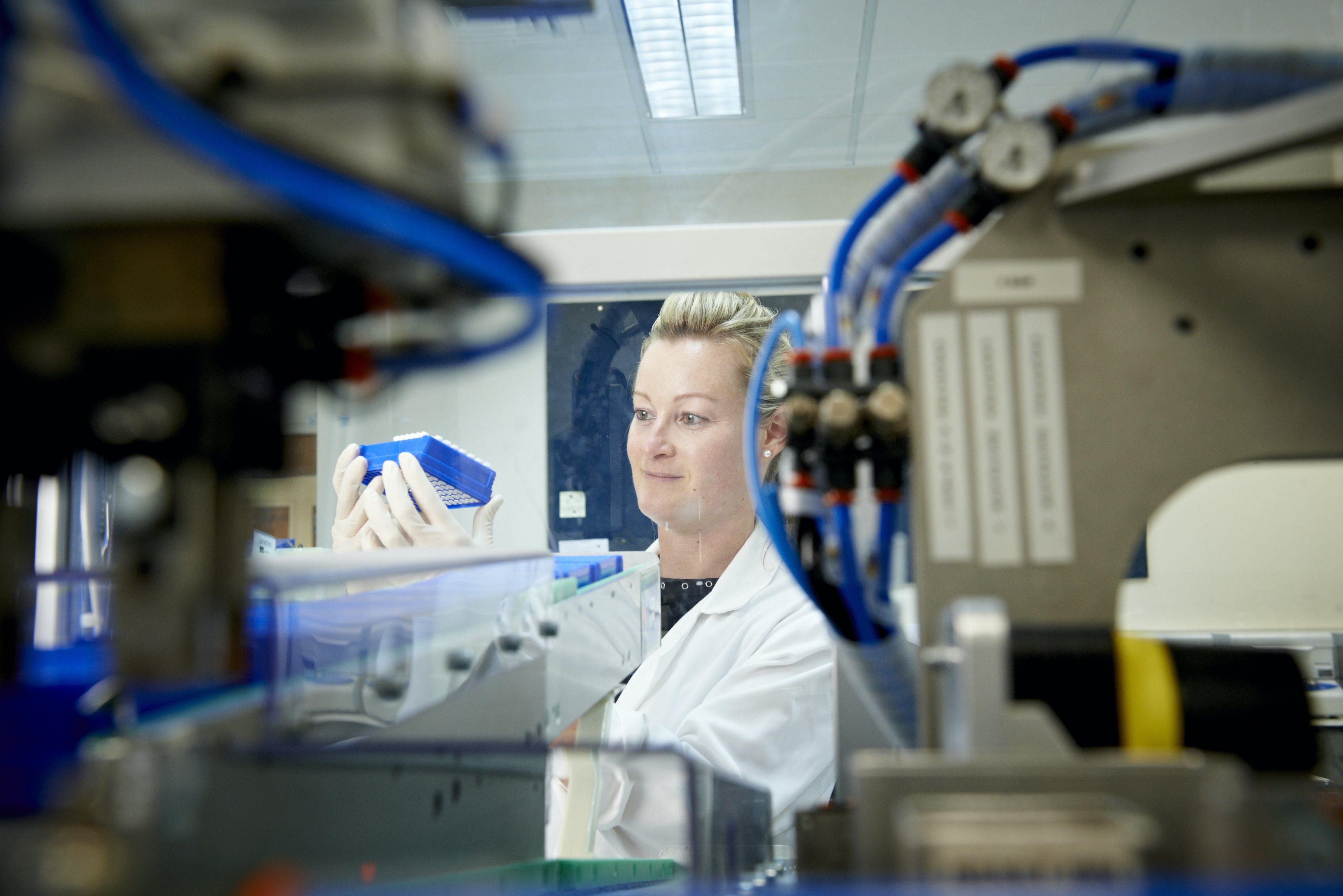
Each of the variants exist within the national herd at differing frequencies and all have varying effects on an animal’s production.
All farmers using LIC’s Genemark services, from spring 2021, will automatically be notified, at no additional charge, if any of their calves are affected by any of the variations.
“We are pleased our combined investment into science and technology has come together to deliver a simple and convenient service for farmers that is likely to save millions in lost production.”
The discoveries were made possible by genetic mapping studies on LIC’s large DNA sequencing and animal production datasets as well as MBIE funding to investigate next generation genomic selection. LIC’s dataset has provided a number of genetic discoveries including Small Calf Syndrome, a fat gene which impacts milk composition, genes that impact fertility and a variation which impacts a cow’s ability to regulate body temperature and cope with heat stress.
